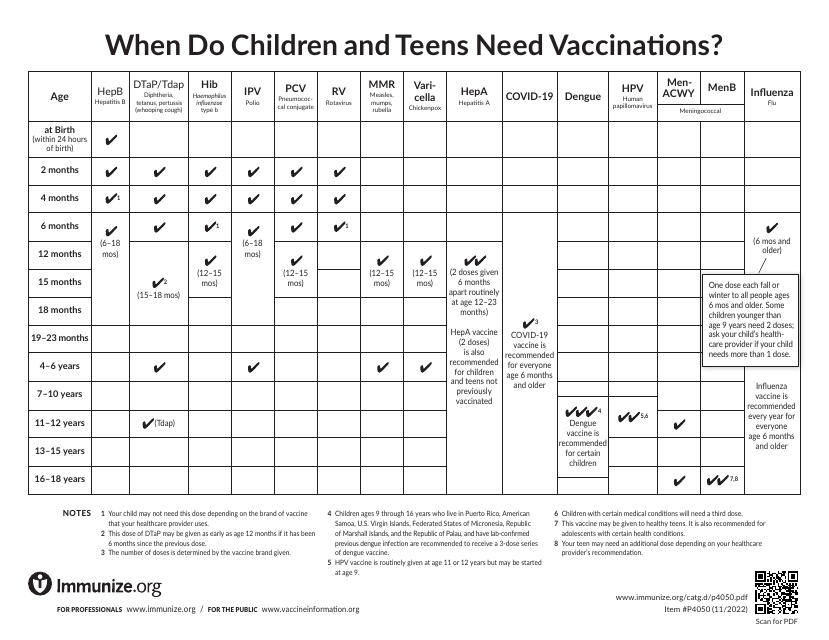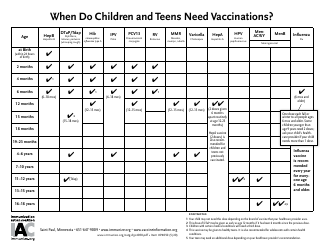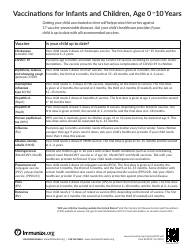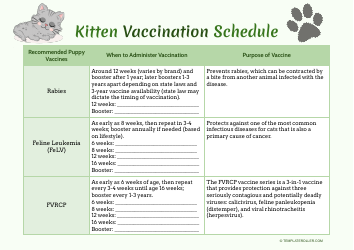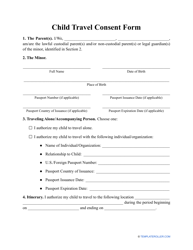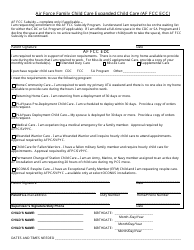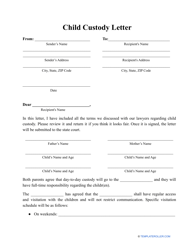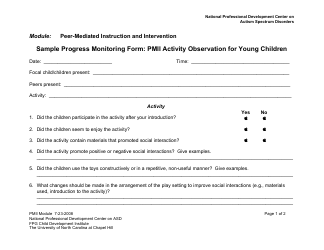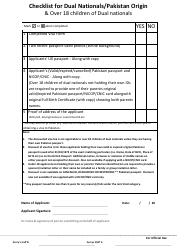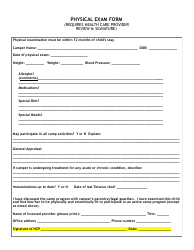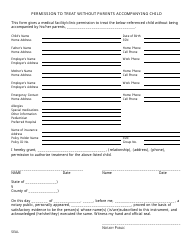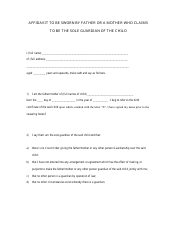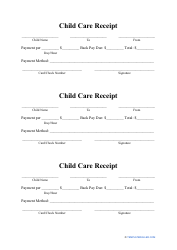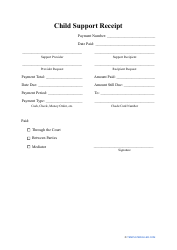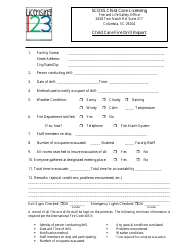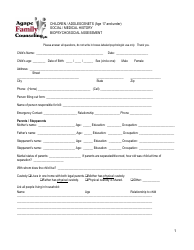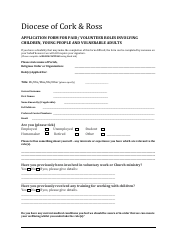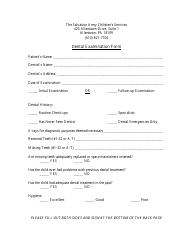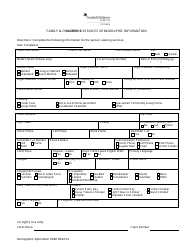Children and Teens Vaccination Schedule - Immunize
The Children and Teens Vaccination Schedule or Immunize is a system developed to protect children and teens from a variety of serious or potentially fatal diseases through vaccination. This schedule outlines the recommended ages at which individuals should initially get vaccinations and when booster shots are needed for continued protection. This system aims to prevent harmful diseases such as measles, mumps, polio, chickenpox, whooping cough, and HPV among others. These immunization schedules are endorsed by public health organizations like the Centers for Disease Control and Prevention (CDC) in the USA, the Public Health Agency of Canada, the Ministry of Health and Family Welfare in India, and the Australian Department of Health, vetted for safety and efficiency. By following these schedules, parents can help ensure their children are protected against these preventable diseases.
In the United States, the Children and Teens Vaccination Schedule is provided and regularly updated by the Center for Disease Control and Prevention (CDC). In Canada, it's the Public Health Agency of Canada. In India, it's the Ministry of Health and Family Welfare, and in Australia, it's the Department of Health. Other countries have their respective health departments or similar agencies that file and update the Children and Teens Vaccination Schedule.
FAQ
Q: At what age should children get vaccinated?
A: Vaccination for children generally starts at 2 months of age and continues until they are 6 years old. However, teens and young adults also need to get certain vaccinations. Parents should consult with a pediatrician on the exact schedule.
Q: What are the important vaccines for children?
A: Important vaccines for children include Hepatitis B, Rotavirus, Diphtheria, Tetanus, Pertussis (DTaP), Haemophilus influenzae type b (Hib), Pneumococcal conjugate, Inactivated Poliovirus, Influenza, Measles, Mumps, Rubella (MMR), Varicella (Chickenpox), Hepatitis A, Human Papillomavirus (HPV) and Meningococcal.
Q: What vaccines are recommended for teenagers?
A: Teenagers are recommended to get a Tetanus, Diphtheria, and Pertussis (Tdap) booster, Human Papillomavirus (HPV) vaccine, and Meningococcal vaccines. A yearly flu shot is also recommended.
Q: Are vaccinations required for school enrollment in the USA?
A: Yes. All States in the USA require certain vaccinations for children in order to enroll and attend school, though requirements can vary from one state to another.
Q: Why are vaccinations important for children?
A: Vaccinations protect children from serious diseases and complications of vaccine-preventable diseases which can include amputation of an arm or leg, paralysis of limbs, hearing loss, convulsions, brain damage, and death.
Q: Are there side effects to children's vaccinations?
A: While vaccines are generally safe and effective, like any medicine, they can have side effects. Common side effects are typically mild, such as a sore arm or mild fever. Serious side effects are rare.
Q: Can vaccines cause autism in children?
A: No, numerous studies have concluded that there is no link between getting vaccinated and developing autism. The research shows that autism is a genetic condition that occurs before birth, as early as conception.
